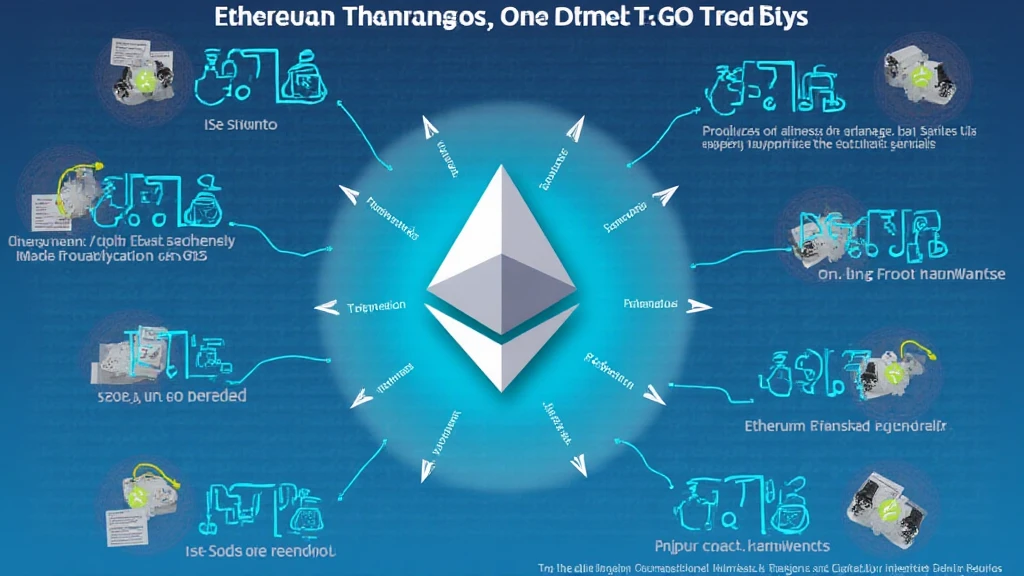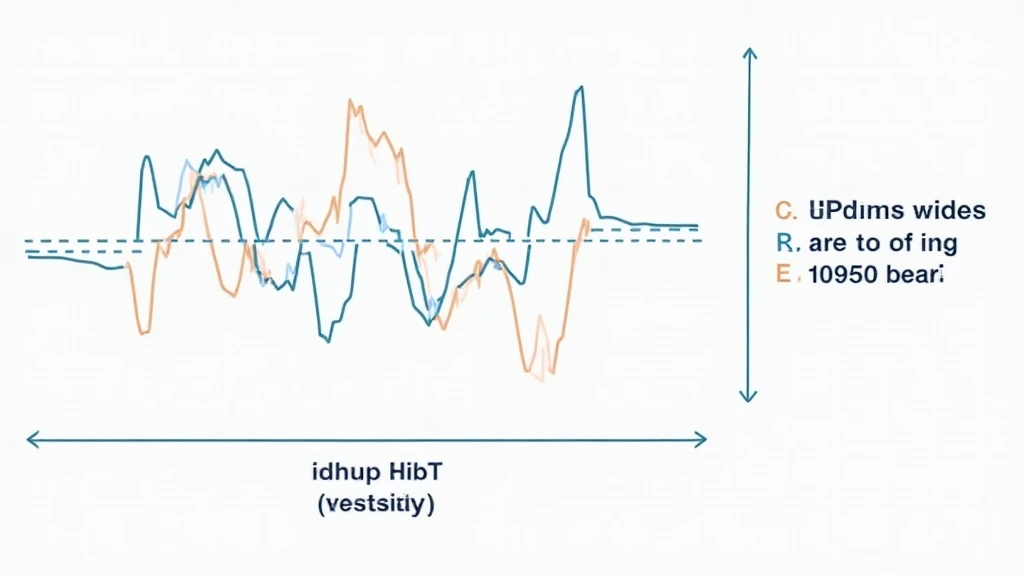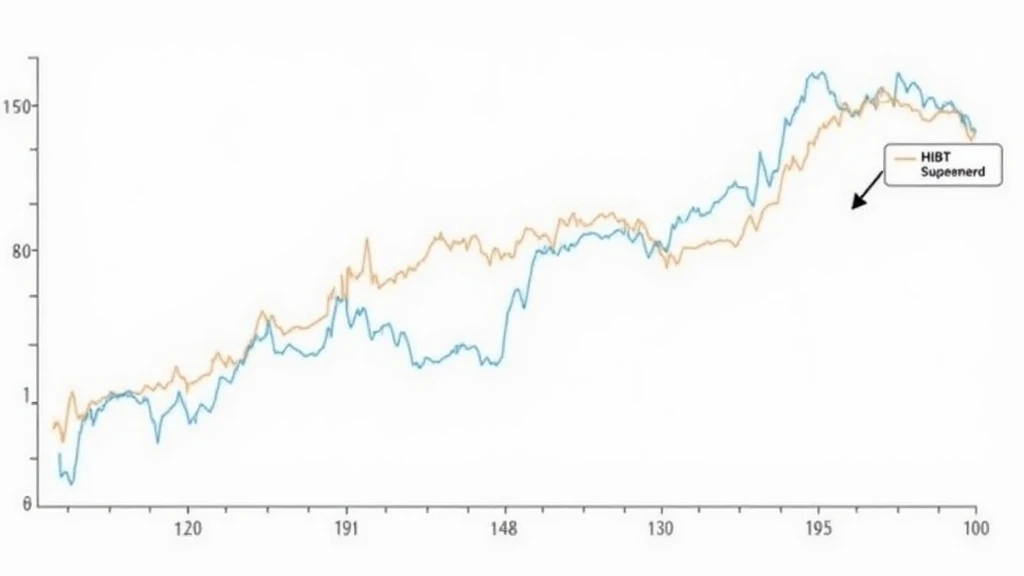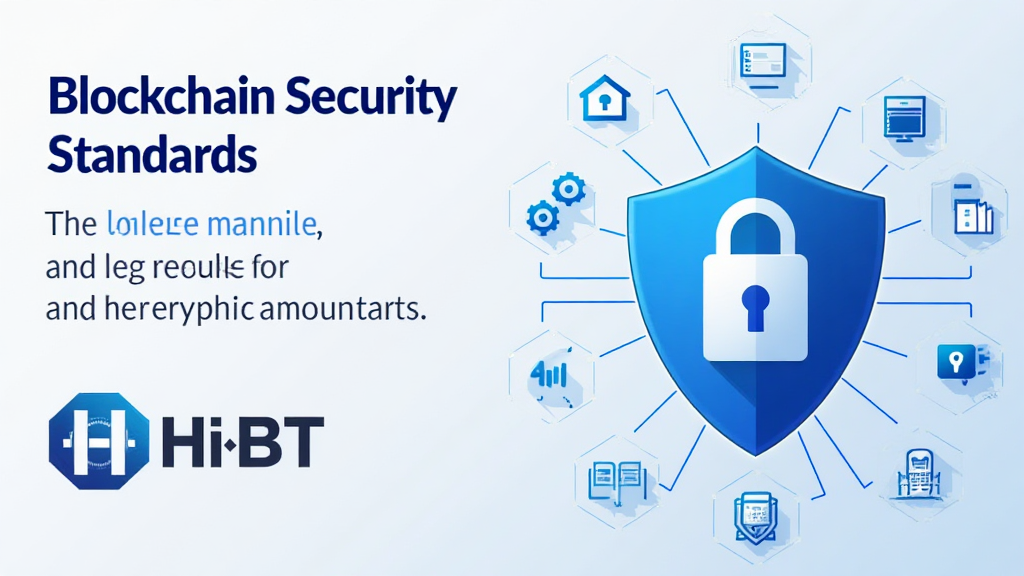Introduction
As Ethereum continues to grow, so do the challenges associated with transaction efficiency and costs. In 2023, Ethereum users faced an astonishing $4.1 billion lost to gas fees, an alarming statistic that has prompted the need for better gas optimization solutions. This article explores the essential Ethereum gas optimization tools available to help users navigate the complexities of Ethereum transactions effectively.
Understanding Ethereum Gas
Before diving into the tools that optimize gas usage, it’s crucial to understand what gas is within the Ethereum network. Gas is the unit that measures the amount of computational effort required to execute operations such as transactions or smart contracts. Each operation requires a certain amount of gas, and as network congestion increases, so do the gas prices.
For example, during periods of high demand, gas prices can surge, turning simple transactions into costly endeavors. This situation is akin to trying to send a package during the holiday rush; the costs spike as demand increases.

What is Gas Optimization?
Gas optimization refers to the strategies and tools designed to minimize the amount of gas needed for transactions. By optimizing gas consumption, users can save money and make the Ethereum network more sustainable. Here are several vital tools that can help achieve this:
- Gas Tracker Tools: These platforms provide real-time data on current gas prices, allowing users to determine the best times to execute transactions. Popular gas trackers include EthGasStation and Etherscan.
- Smart Contract Optimization Tools: Tools like Remix IDE and MythX analyze your smart contracts for inefficient code that could lead to higher gas consumption.
- Transaction Aggregators: These tools help users bundle multiple transactions into one, reducing overall gas fees. Platforms such as 1inch provide great options for transaction aggregation.
The Role of Gas Tracker Tools
Gas tracker tools are essential for monitoring gas prices in real-time, giving users insights into the optimal times to execute transactions. By analyzing trends and patterns in gas price fluctuations, users can save considerable amounts on transaction fees.
For example, during periods of low network usage, some tools report gas prices as low as 20 Gwei compared to over 100 Gwei during peak times. This drastic difference can equate to substantial savings for users. By utilizing these tools, users can develop a keen sense of when to make their transactions, akin to planning a road trip during off-peak traffic hours.
Popular Gas Tracker Tools:
- EthGasStation
- Etherscan Gas Tracker
- GasNow
Smart Contract Optimization Techniques
Optimizing smart contracts for gas efficiency is key for developers aiming to reduce costs for users. Here are essential techniques to consider:
- Minimize Storage Usage: Storing data on the Ethereum blockchain is expensive. Use smaller data types and optimize how data is stored.
- Batch Processing: Instead of processing multiple transactions separately, consider combining them to save on gas fees.
- Pre-calculated Values: Calculating values off-chain and passing them into smart contracts can reduce computational load and gas consumption.
Useful Tools for Smart Contract Optimization:
- Remix IDE – An integrated development environment that helps test contracts for gas usage during the development phase.
- MythX – A security analysis tool that also highlights areas in a smart contract that could lead to excessive gas consumption.
- Gas Reporter – This tool provides insights during testing on the gas used by various functions.
Transaction Aggregators: Enhancing Value
Transaction aggregators work by bundling transactions together, reducing the overall cost for users. They aggregate multiple swap transactions into one, effectively lowering gas fees incurred by each transaction.
Using a transaction aggregator can be compared to carpooling; just as sharing a ride can reduce transportation costs, aggregating transactions minimizes individual gas fees for each participant.
Leading Transaction Aggregators:
- 1inch – A decentralized exchange aggregator that finds the best prices for users.
- Paraswap – Another effective aggregator that enables users to swap tokens at the best rates.
Future of Ethereum Gas Optimization
The Ethereum network continues to evolve, introducing new improvements aimed at gas optimization. Ethereum’s transition to a proof-of-stake consensus mechanism has already led to increased transaction speeds and reduced fees, enhancing the overall user experience.
Moreover, Layer 2 solutions, such as Optimistic Rollups and zk-Rollups, promise to process transactions off the main Ethereum chain, significantly lowering gas fees and improving scalability. These technological advancements are projected to attract more users to the Ethereum ecosystem, possibly increasing the adoption rate in Vietnam, which has seen a notable user growth rate of 20% year-over-year in 2023.
Leveraging these advancements can further solidify Ethereum’s role in the blockchain landscape, making it a more efficient platform for all users.
Conclusion
In a rapidly evolving blockchain environment, understanding and utilizing Ethereum gas optimization tools is imperative for both developers and users. By monitoring gas prices with gas trackers, optimizing smart contracts, and employing transaction aggregators, users can significantly reduce their transaction costs. With the growth of platforms and technologies focused on gas efficiency, the future looks promising for Ethereum, ensuring it remains competitive in the digital asset space.
As the landscape of blockchain technology continues to change, staying informed about gas optimization strategies will enable users to make wiser financial decisions. Leverage these tools to enhance your Ethereum experience and navigate the ecosystem’s challenges effectively.
Remember that while the benefits of these optimizations are significant, they must be paired with a thorough understanding of the underlying processes within the Ethereum network. Not financial advice. Consult local regulators.
Explore more about potential in decentralized finance at AllCryptoMarketNews.
Written by Dr. Emily Liu, a blockchain security expert with over 15 published papers on Ethereum technologies and a lead auditor for multiple notable DeFi projects.






